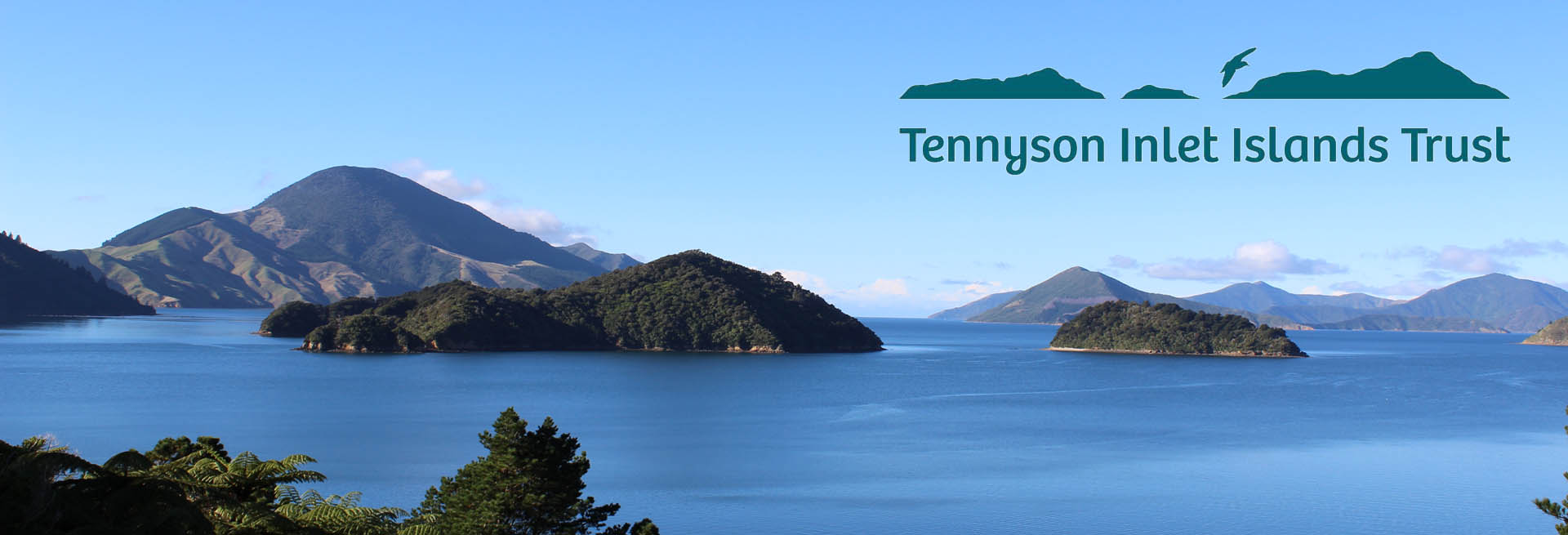The Trust engaged Derek Brown, a professional ecological consultant, to write a Pest Management Plan , which will guide the way it structures their eradication plan (numbers and placement of traps etc.) and the Trust has also a formal Management Plan with the Department Conservation.
The Trust also engaged Derek Brown to carry out Baseline surveys on Tawhitinui and Tarakaipa in 2016, as recommended in his Pest Management Plan, to get a better understanding of biota of the islands (Insects, Birds (populations, species and rookery & nesting sites), Reptiles, Amphibians & Invertebrates and Flora. These base line surveys will allow the Trust to measure their success over the coming years and decades.
With the combined knowledge of the islands it is generally accepted that predator infestation will always be an ongoing issue. The objective of our project is to utilise trapping to reduce predator numbers as low as possible on the islands and to have an intensive trap wall on the closest mainland point to limit the number of rodents that can swim across to the islands.
Wasps are a major problem in our area where they consume massive amounts of honeydew. Honeydew is produced by a native scale insect that lives in beech forests and is an important food for native birds, bats, insects and lizards. Wasps also eat huge numbers of native insects and have even been seen killing newly hatched birds. By eating so much, they upset the natural food chain of the forest. Over the last year we have also undertaken highly successful wasp eradication programmes which will be continued as required.
Our Traps
Our Pest Management Plan has recommended a combination of DOC200 and the auto loading / auto baiting A24 traps (see http://www.goodnature.co.nz/).
The servicing of the traps is being done by way of voluntary labour with a contribution to boat use being funded from membership levy income.



